The Problem with Healthy Eating
I know, I know. “The Problem with Healthy Eating” – what kind of post title is that?! Especially coming from a Registered Dietitian, and one who creates healthy recipes at that?!
Bear with me, okay? I promise you’ll see my point soon.
See, the concept of healthy eating sounds enticing. In a way it kind of feels like a box you can check off every day on your “living well and rocking a responsible adult life” checklist. But “healthy” in the context of food has just become another label and another way to generally classify food as good versus bad. And while I think there can be general similarities in foods that have more health-enhancing properties, I think it’s imperative to remember that there is no one way of eating that works for every single person. I promote a more personal nutrition, tailored to what helps you make YOUR body feel its best…and spoiler alert, it may look different than how it looks for others.
So, what does healthy even mean? Well, Merriam-Webster defines healthy as:
- Free from disease or pain: enjoying health and vigor of body, mind, or spirit (like healthy children or tips for staying healthy)
- Showing physical, mental, or emotional well-being: evincing health (like a healthy complexion or a healthy appetite)
- Beneficial to one’s physical, mental, or emotional state: conducive to health (healthy foods or a healthy lifestyle)
-
- prosperous, flourishing (like a healthy economy)
- not small or feeble: considerable (a healthy sum of money)
This definition is all well and good, gosh, it’s almost even inspiring. But it actually makes me feel even stronger about the fact that “healthy” in the context of food needs to be individualized. My body, mind, and spirit are my own – and again, what works for one may not work for another.
You really can’t say a food is healthy because it promotes absence of disease or pain, because who’s to say if it will or won’t? All of our bodies respond to food differently. Sure, some foods have health-enhancing properties but it is completely up to each individual’s body if a food will promote health for them or not.
Take salt, for example. We were told for decades that salt isn’t good for us. Yet now we know there are dangers for sodium consumption that is too high or too low! Reducing salt intake is often go-to advice for hypertension patients, but unless an individual has salt-sensitive hypertension, they may not see a dramatic difference in blood pressure reduction.
The same can be said for consuming gluten-containing foods. If you have celiac disease, eliminating gluten from your diet will be hugely beneficial for your health and wellbeing. But if you’re looking to just drop a few pounds or avoid gluten because you think it’s “healthier”, there may not be much point. Did you know that if you don’t have celiac disease or a medical reason to avoid gluten, a slice of whole wheat or sprouted whole grain bread will usually contain more fiber, protein, vitamins, and minerals (and flavor!) than a slice of gluten-free bread?
And of course, I have to use my favorite personal example: food allergies. Walnuts are a food that contain many health-enhancing properties. They’re an excellent source of anti-inflammatory omega-3 essential fatty acids and are full of antioxidants. Sounds great, right? Everyone should eat more walnuts! Except for the fact that while they’re “healthy”, they may not actually be “healthy” for everyone. Personally, I am severely allergic to walnuts, so as healthy as they may be, I won’t go near them with a ten foot pole…they’re not so healthy when they can literally kill you.
Just looking at a nutrition label can’t necessarily tell you if a food will enhance your personal picture of total health. Despite the many differing expert opinions about healthy eating and food that exist, I don’t think anyone will argue against the necessity of water for human survival. Yet even something that is essential for life still is needed in vastly different amounts for individuals. Example: a nursing mom will typically have much higher hydration needs to sustain herself and her baby, whereas someone with congestive heart failure or kidney disease may need to limit their hydration intake to not tax their body with excess fluid accumulation.
It feels that as a society the notion of individualized nutrition is becoming more acceptable, which is fantastic. Yet despite embracing this mindset and despite acknowledging the varying degrees of healthy eating for different individuals, we’re still missing one other big concept.
Health and food are not just about physical health.
It’s easy to say, “of course a bowl of fruit is healthier than a bowl of ice cream,” but that can be pretty one-dimensional thinking. Sometimes the healthiest thing you can do is to choose the ice cream over the fruit and completely enjoy it. The fact that our taste buds can bring us pleasure is almost seen as a downfall in some health circles, but why?! Don’t you think pleasure and enjoyment can be healthy, for physical, mental, and emotional health? (Spoiler alert: research says they are part of a healthy lifestyle!)
Beyond denying ourselves enjoyment from food and flavors, there are other potential concerns regarding mental health. Sometimes when always trying to make the “healthiest” choice, there may be feelings of guilt for choosing ice cream instead of fruit (which for the record, guilt and food do not belong together!). Any unnecessary guilt and other negative associations with food can be damaging long-term to your mental health. On the opposite side of the spectrum, if you choose fruit when you truly want ice cream, you may end up less satisfied. Satisfaction is a big part of mental and emotional health, too!
My point isn’t to leave you feeling like, “well now what do I do since nothing is healthy?” It’s also not to make you feel like the pursuit of health or “healthy eating” is a fruitless endeavor. Healthy eating is individualized. My point is to show you that different foods work for different people. My hope is to encourage you to see what foods help you feel your best and bring you the most satisfaction in health and taste!
It’s about looking at food like puzzle pieces and seeing which foods make you feel good and taste good. And feeling good can be in the context of physically and emotionally! Healthy eating is all about balance, an ebb and flow of mindfully listening to your body without feelings of deprivation. Healthy eating goes beyond a nutrition label and fuels you to live your best life physically, mentally, and emotionally. It’s about eating and living in a way that works to enhance your own total health and well-being.
This is why through my private practice, my work as a consulting health and nutrition expert in the media and for brands, and through the recipes that I develop, I work so hard to show that for health and nutrition to fit your life, they have to be customized to fit you.
This is why I’m a big proponent of intuitive eating, mindful eating, attuned eating, the health at every size movement, weight inclusiveness, a non-diet approach, etc. This is why I’m passionate about helping as many people as I possibly can realize that health is accessible for them, they just have to find a way to make it authentic for their lifestyle.
What are your thoughts? I’d love for you to share them below. Live well!

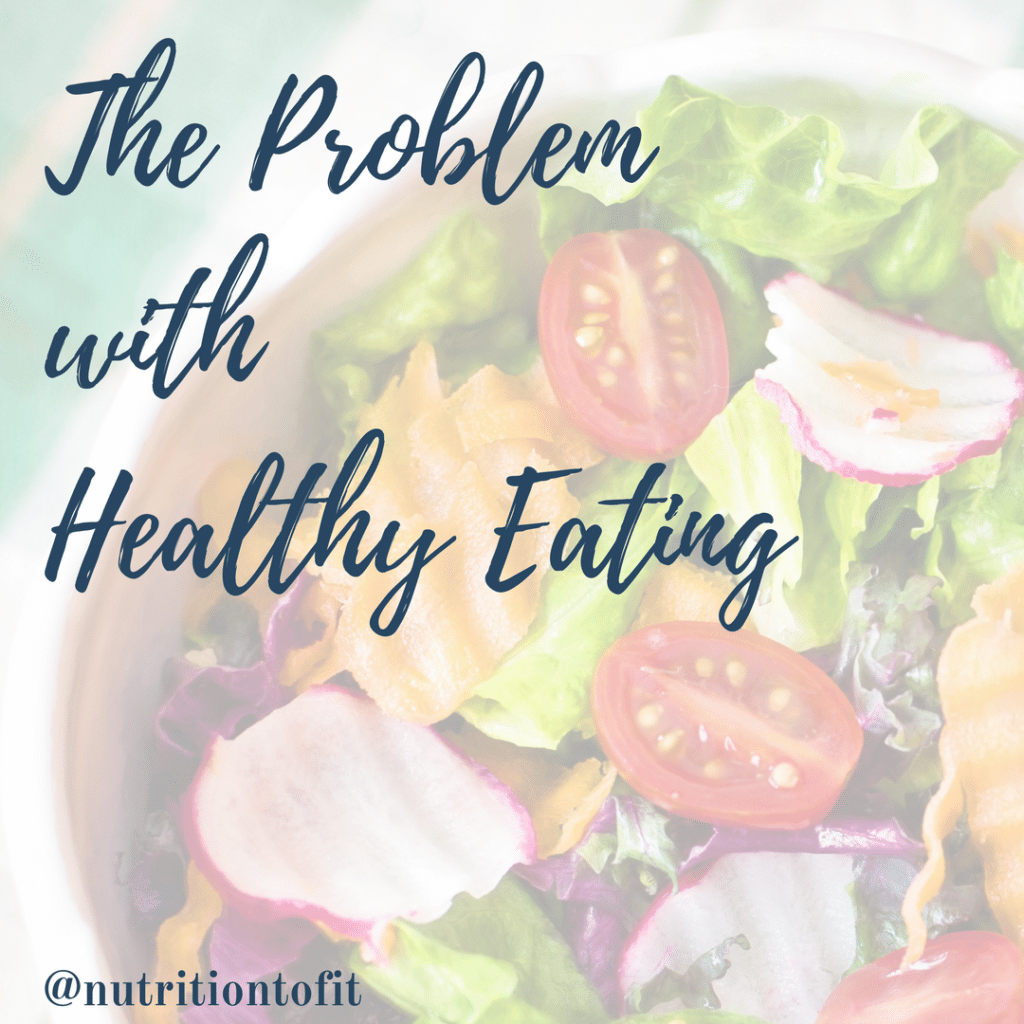
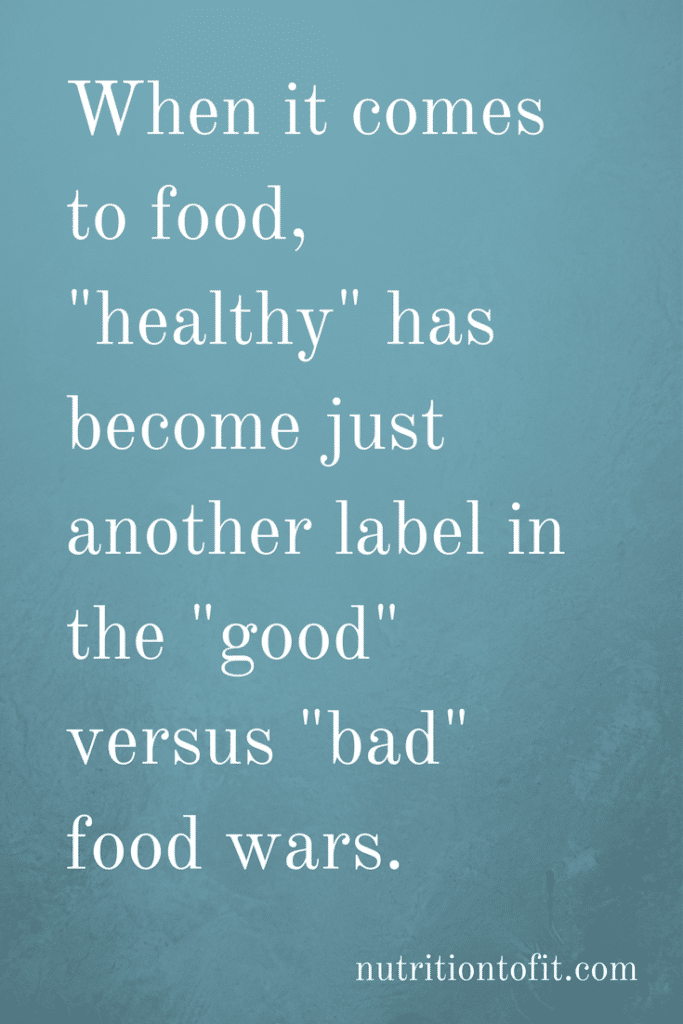
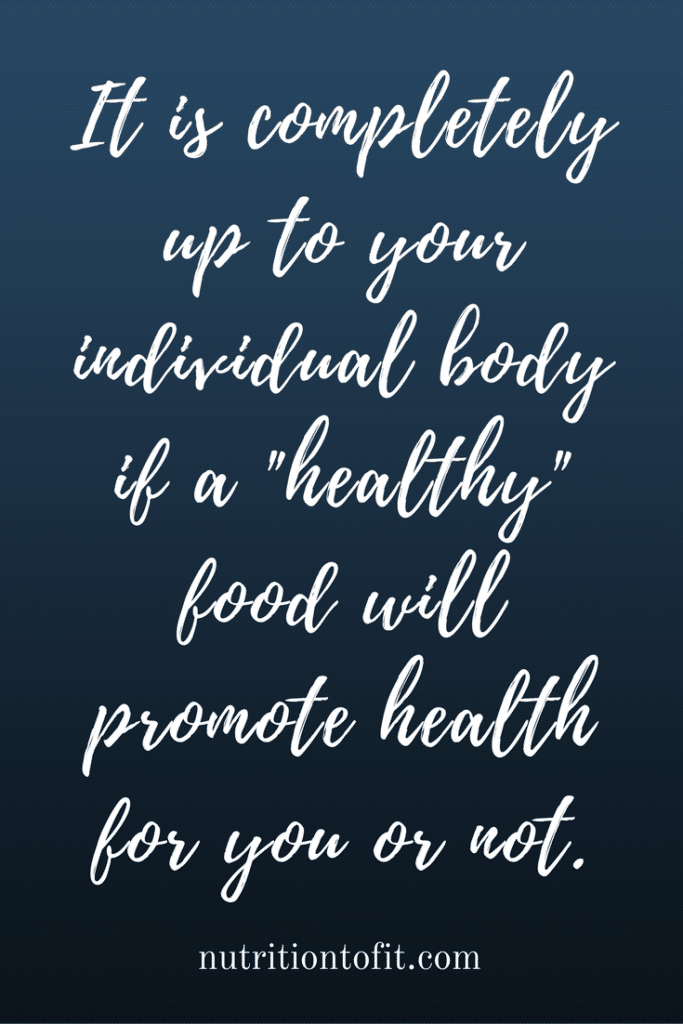
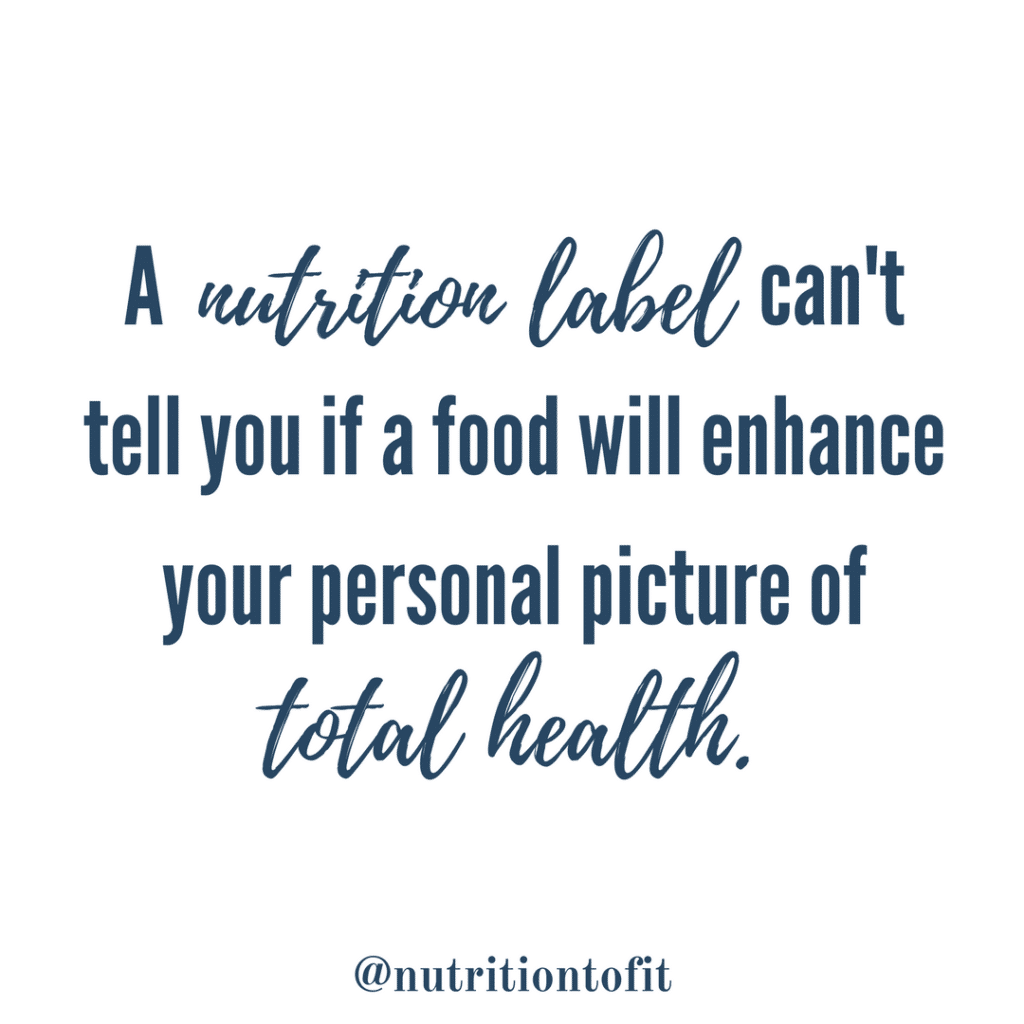
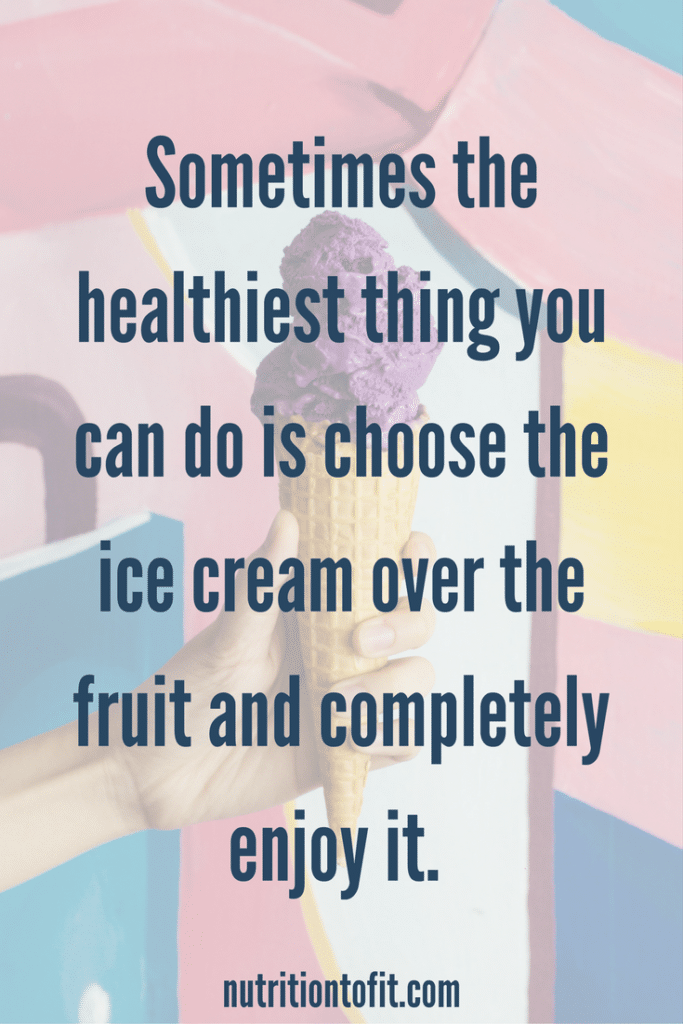
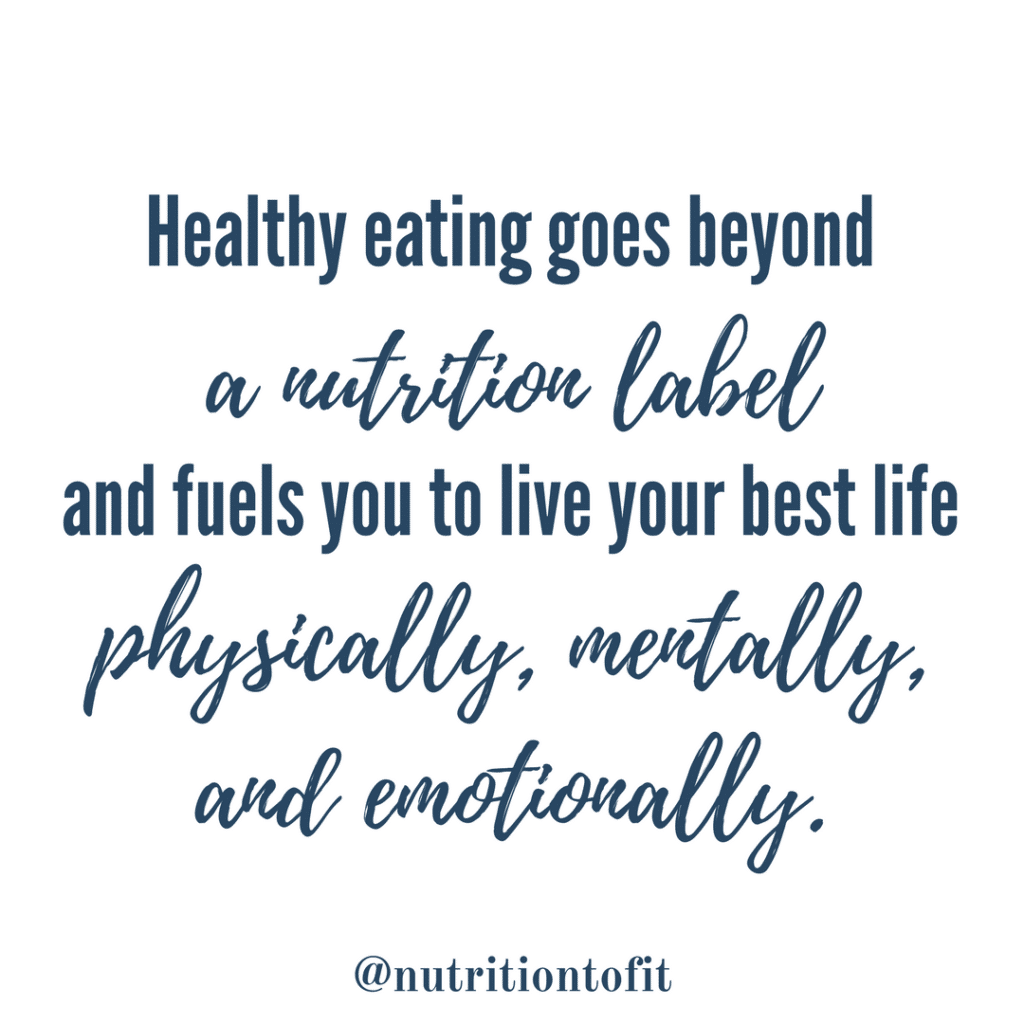
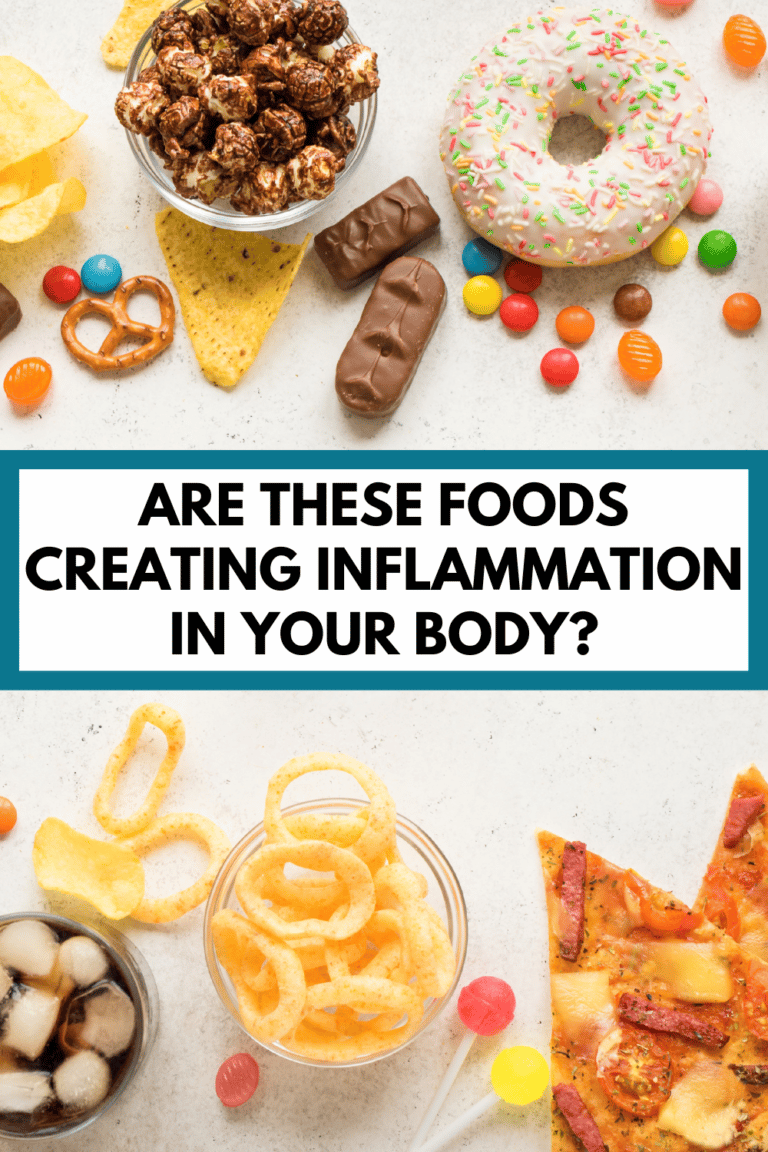
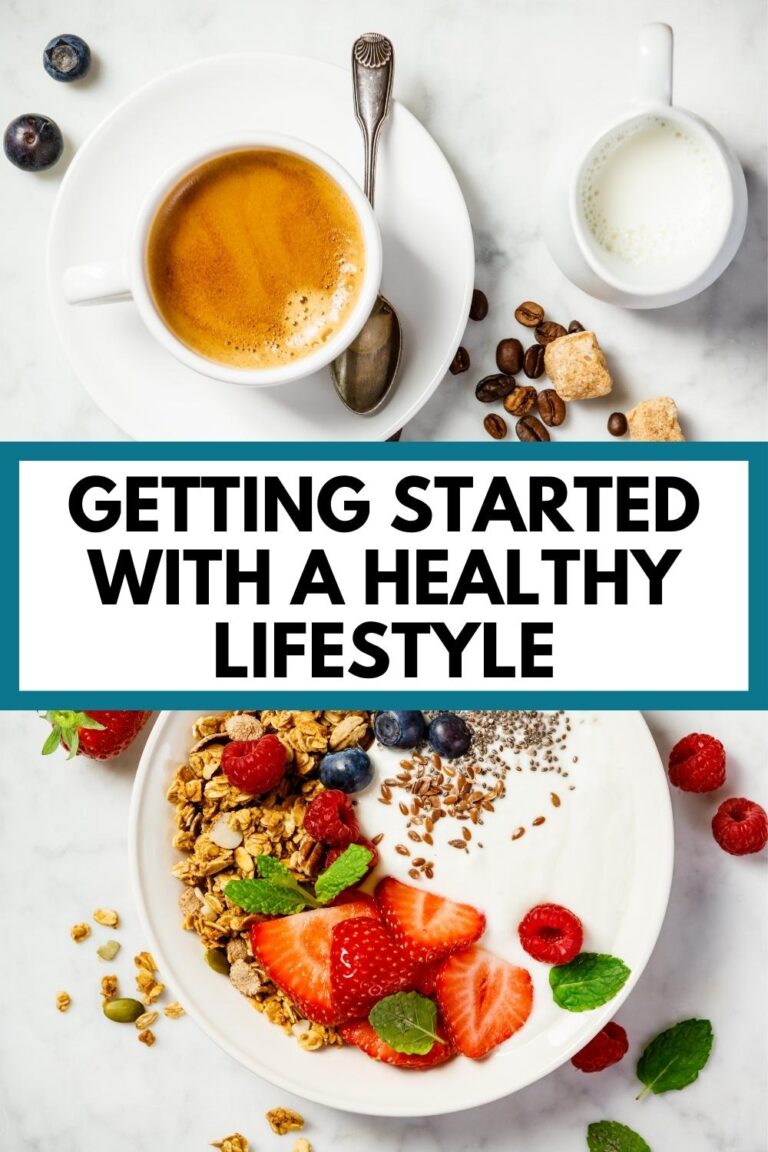
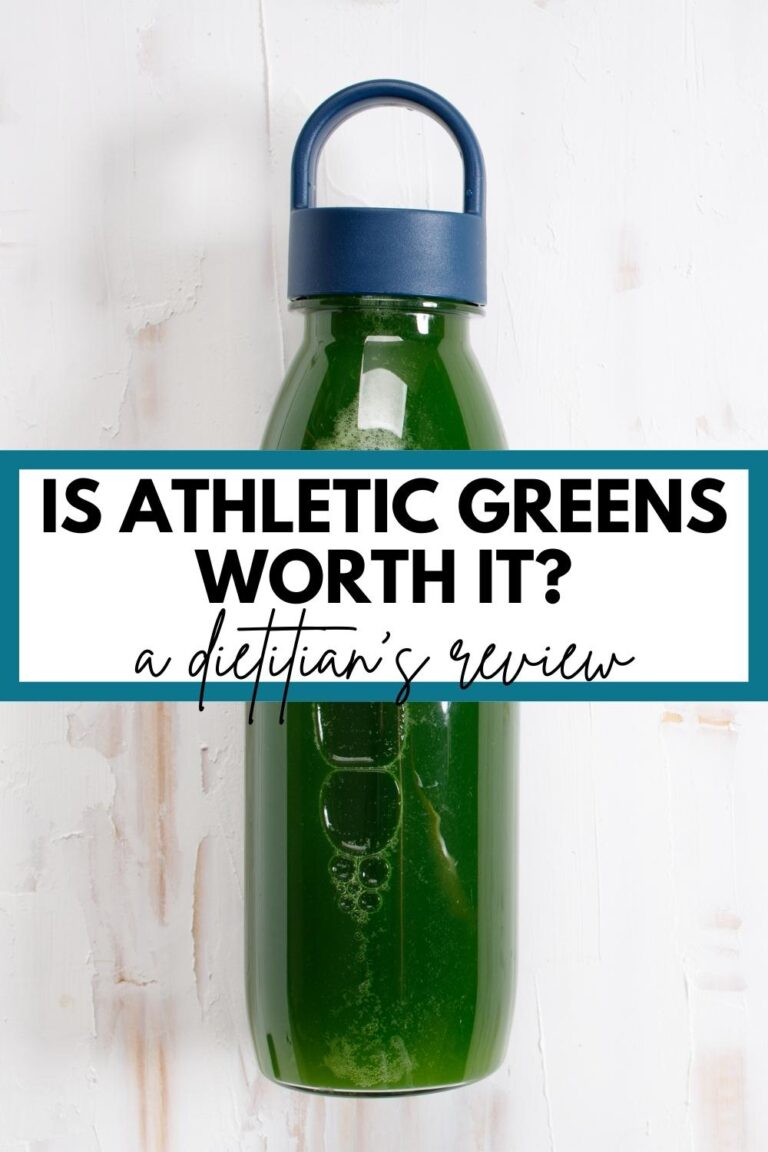
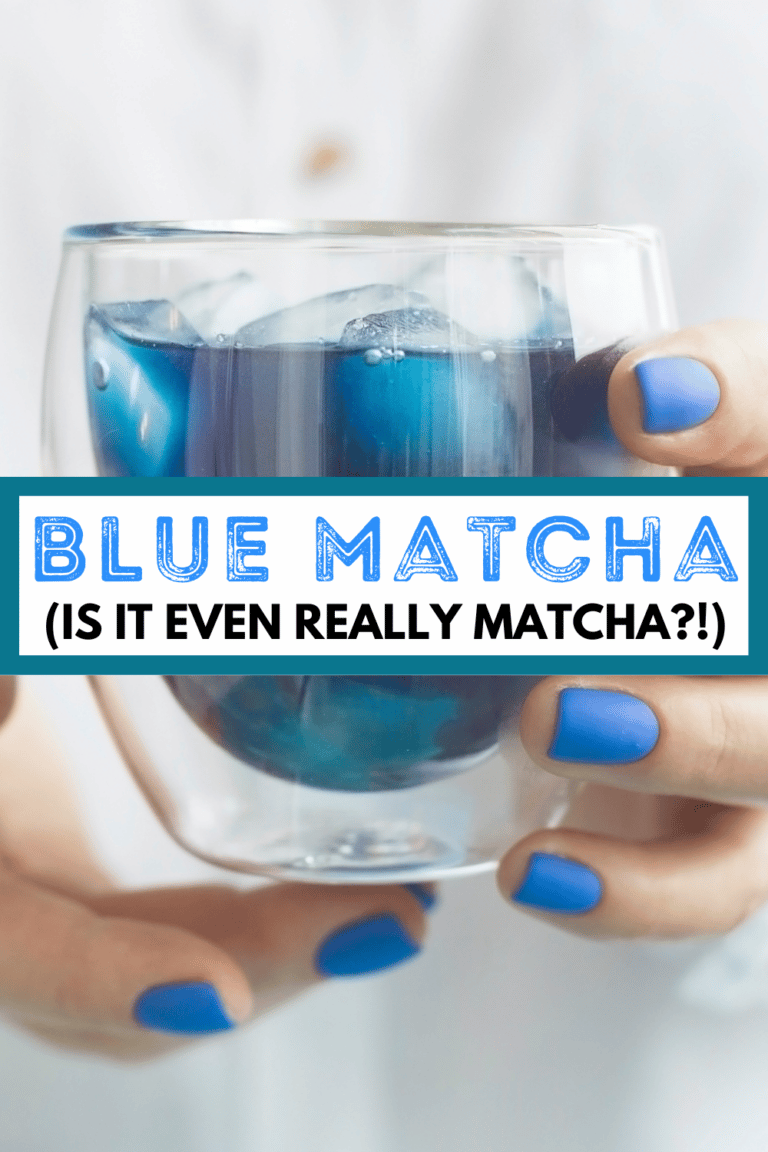
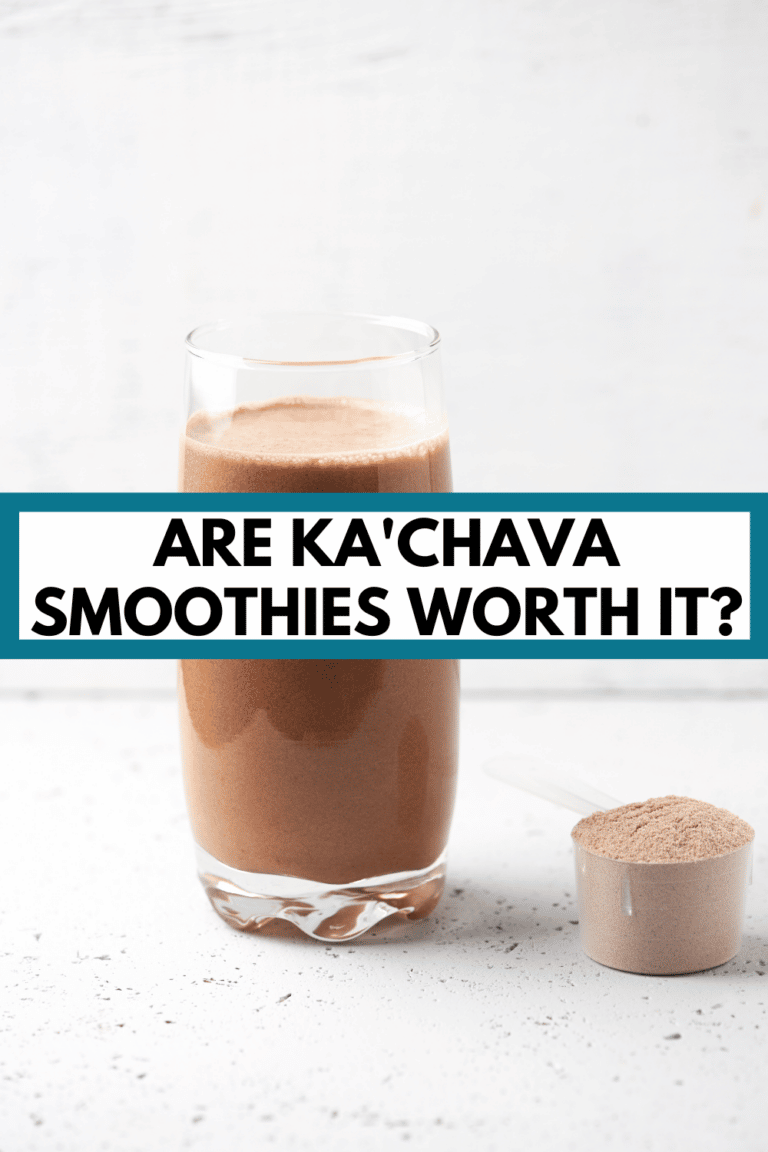
I love this Lindsey! For such a long time I thought I had to eat more fruit and vegetables and cut back on sugar, bread, meat and carbs to be healthy. Which meant I ended up eating a tonne of fruit and I felt terrible. Eating as much fruit as I was was not healthy for me. In the last 10 months I have been doing what I call conscious shopping. I buy loads of fresh food, fruit, vegetables, meat and fish and minimise what I am buying that’s pre packaged, I have also stopped buying ice cream or sweets and I make my own. This helps me control what is in my fruit and has completely removed guilt over what I eat. I have lost weight which is a bonus but I feel so much better physically and mentally! I eat at least 3 times the amount of vegetables that i used to but if I want a burger or ice cream I eat it, I enjoy the hell out of it and I don’t beat myself up over it.
Life is short we should enjoy life and food and not have negatives associated with it.
Rachael, this is SO awesome! Congratulations, it sounds like you’ve been making some amazing shifts in your attitude towards food and approach to health!! So excited for you!